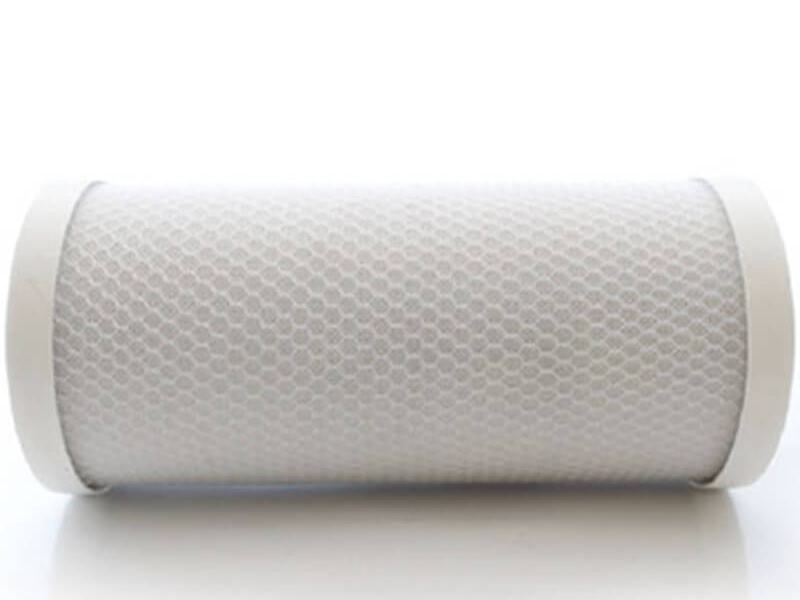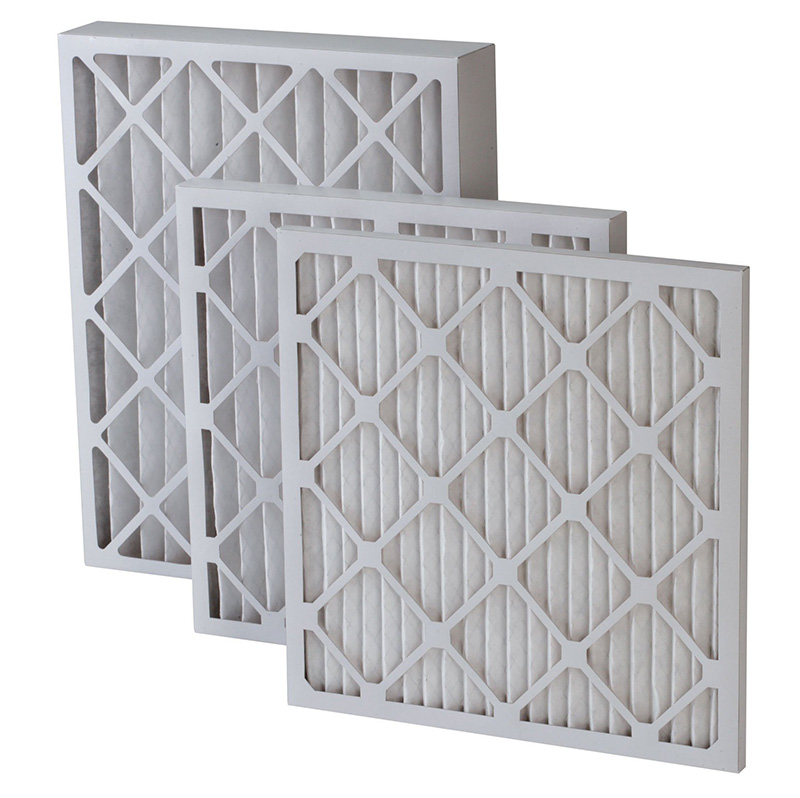What is a carbon filter?
There is an important point to be mentioned before learning the advantages and reasons for using the carbon filter when using it: What is a carbon filter?
Carbon filters consist of small pieces of carbon, generally in the form of granules or powder blocks, formed to be extremely porous. They are designed to trap gases in carbon deposits. This extremely porous structure is actually so large that even a single gram of carbon can easily cover a surface area of 500 square meters or more. This large surface area enables carbon filters to capture more contaminants than conventional filtration methods.
Various usage areas of carbon filters
-Compact filter: It can be used in many areas such as electronics, hospital environments, computer rooms, power plants, food industry, gas turbines and nuclear industry, as well as in all ordinary ventilation systems.
-Hepa-Ulpa filter: It can also be used in drug and chemical warehouses, micro-electricity production, operating rooms and similar environments that require sensitive control that require extreme air quality.
-Roll filter: It can be used in fan coils, kitchen hoods, air conditioning systems and various ventilation systems.
-Bag Filter: It can be used in work areas that require quality and highly efficient filtration systems such as pharmaceutical factories, hospitals, chemical plants or the electricity industry.
-Chrome Filter: It can be used in the construction area, ships, factories, mines and to filter many fuels and chemicals.
-Hydraulic Filter: It has been able to find its place in almost all hydraulic and pneumatic systems in the construction field, ships, factories, mines and similar. In addition to these, it is also used in shipyards and automotive enterprises.
Activated carbon filter: It can be used in areas such as industrial kitchens and ventilation, office buildings, waiting rooms, airports, laboratories, meeting rooms, chemical, pharmaceutical and food industries.
What are the advantages & Disadvantages of carbon filters?
In order for everyone to understand why carbon filters are used or not, the advantages and disadvantages of carbon filters should be mentioned. Advantages:
+ Provides purely organic air purification
+Provides an advanced filtering for volatile odor particles.
+ Carbon filters clean many pollutants in the air thanks to their wide surfaces.
+ It is an affordable treatment system whose price is very average or even cheap. This will also help the economy of the individual.
Disadvantages:
It should be changed between 6 months and 1 year. The cost can be expensive in the long run.
Carbon filters with a large surface area are not suitable systems for the purification of liquid and oil-based contaminants.
- Carbon filters with a large surface area may adversely affect the air flow as air cannot pass through when their pores are filled while filtering.
These are the reasons why institutions and organizations use carbon filters. Each company should do its own research and decide which filter to use after completing the research.









